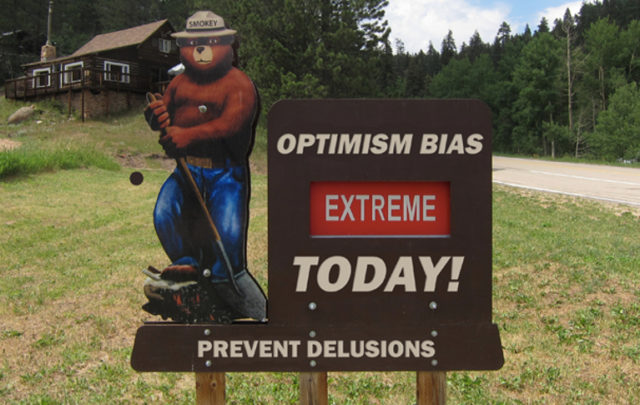David Hughes is an earth scientist who has studied the energy resources of Canada for four decades, including 32 years with the Geological Survey of Canada as a scientist and research manager. He developed the National Coal Inventory to determine the availability and environmental constraints associated with Canada’s coal resources. As Team Leader for Unconventional Gas on the Canadian Gas Potential Committee, he coordinated the publication of a comprehensive assessment of Canada’s unconventional natural gas potential.
Over the past decade, Hughes has researched, published and lectured widely on global energy and sustainability issues in North America and internationally. His work with Post Carbon Institute includes: a series of papers (2011) on the challenges of natural gas being a “bridge fuel” from coal to renewables; Drill, Baby, Drill (2013), which took a far-ranging look at the prospects for various unconventional fuels in the United States; Drilling California (2013), which critically examined the U.S. Energy Information Administration’s (EIA) estimates of technically recoverable tight oil in the Monterey Shale, which the EIA claimed constituted two-thirds of U.S. tight oil (the EIA subsequently wrote down its resource estimate for the Monterey by 96%); Drilling Deeper (2014), which challenged the U.S. Department of Energy’s expectation of long-term domestic oil and natural gas abundance with an in depth assessment of all drilling and production data from the major shale plays through mid-2014; and Shale Gas Reality Check (2015) and Tight Oil Reality Check (2015), updates to Drilling Deeper. Separately from Post Carbon, Hughes authored BC LNG: A Reality Check in 2014 and A Clear View of BC LNG in 2015, which examined the issues surrounding a proposed massive scale-up of shale gas production in British Columbia for LNG export.
Hughes is president of Global Sustainability Research, a consultancy dedicated to research on energy and sustainability issues. He is also a board member of Physicians, Scientists & Engineers for Healthy Energy (PSE\Healthy Energy) and is a Fellow of Post Carbon Institute. Hughes contributed to Carbon Shift, an anthology edited by Thomas Homer-Dixon on the twin issues of peak energy and climate change, and his work has been featured in Nature, Canadian Business, Bloomberg, USA Today, as well as other popular press, radio, and television.






